Understanding the Dividend Timeline
Important Dividend Dates
For dividend investors, understanding the key dividend dates is crucial for successfully managing your portfolio. These dates—the declaration date, ex-dividend date, record date, and payment date—form the official timeline for every dividend payout. The ex-dividend date, in particular, is the most important for investors, as it determines who is eligible to receive the dividend. By knowing this critical timeline, you can ensure you are positioned correctly to receive your payments and make informed decisions.

To explore this topic further and master your dividend strategy, be sure to visit our comprehensive guide on dividend investing and income.
Critical Dates for Dividend Investors
Why Do Dividend Dates Matter?
Many people who are new to dividend investing find dividend dates a little confusing. But as the old saying goes, timing is everything. Understanding important dates, as well as how they affect you, will help you to understand the dividend process more clearly.
Dividend dates can affect when you buy and sell shares, how much you could potentially be paid, and certainly, when your dividend will be paid. Dividends involve four dates:
Declaration Date
The declaration date is when a company’s board of directors announces, or declares, that they will be paying a dividend. Most companies make their dividend announcements during their quarterly earning call.
The announcement will include pertinent information about the dividend and its timing, including the ex-dividend date, record date, and payment date, as well as how much the dividend will be.
Ex-Dividend Date
Typically, about 30 days after the declaration date will be the ex-dividend date, which is also known as the ex-date. What is an ex-dividend date? The ex-date determines whether or not you will receive the dividend payment.
Out of all the dates, it is the key date to understand. Because it is the only date that has a direct effect on investors.
Record Date
Easily the least important date to the investor, this is the day the company checks its books and only shareholders of record to receive the dividend payment.
This is handled behind the scenes at your broker. Through the advancement of electronic trading, recordkeeping is nearly seamless these days.
Payment Date
Within 30 days after the record date is everyone’s favorite date – the payment date. This is the date the dividend payment is transferred to shareholders.
In today’s world, this is almost always an electronic transfer to your brokerage account. Once paid, you can either withdraw the funds or make additional investments.
Will you get the dividend?
Although the ex-dividend date tends be what causes investors some confusion, it is actually quite straightforward. If you purchase the shares before the ex-date, you will receive the dividend payment. However, if you purchase shares ON or after the ex-dividend date, you will not be eligible to receive this dividend payment. Although, you would be able to receive any future dividends.
In an effort to get the payment, many people may want to buy shares after a company announces that it will be paying a dividend. And as a result, the stock’s price will typically increase between the declaration date and ex-dividend date. This increase will usually be about the same amount of the dividend payment.
Conversely, after the ex-dividend date has passed, the stock’s price should decline by the amount of the dividend. Just like some people may want to buy prior to the dividend, some may want to sell after the dividend.
One other interesting point about the ex-dividend date. All else being equal, a stock’s market price should drop by the payment amount per share on the ex-dividend date. It is at this point, the cash moves from an asset on the company’s balance sheet to a liability owed to its shareholders.
If you want to sell your shares and still receive your dividend payment. You must wait until the ex-date to sell. As long as you are a shareholder of record the day BEFORE the ex-dividend date, you will receive a payment.
Keep in mind although these dates are certainly important to understand. Long-term investors, especially those who consider themselves buy and hold investors, will not be as affected by things like an ex-dividend date.
Must-Know Dividend Deadlines
Now you know the key dividend dates every investor must understand.
As a dividend investor, you will benefit by understanding the key dividend dates and what takes place from the time a company announces a dividend until you receive it.
A proven track record of successful dividend payments is the cornerstone of a successful dividend portfolio, check out these historically great dividend companies.